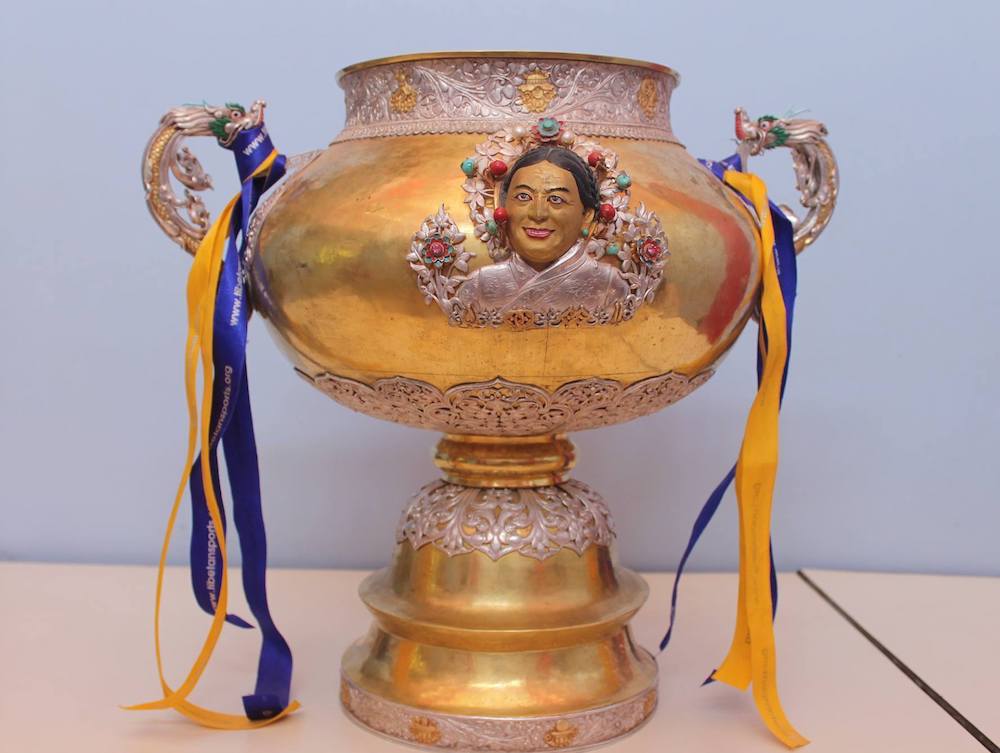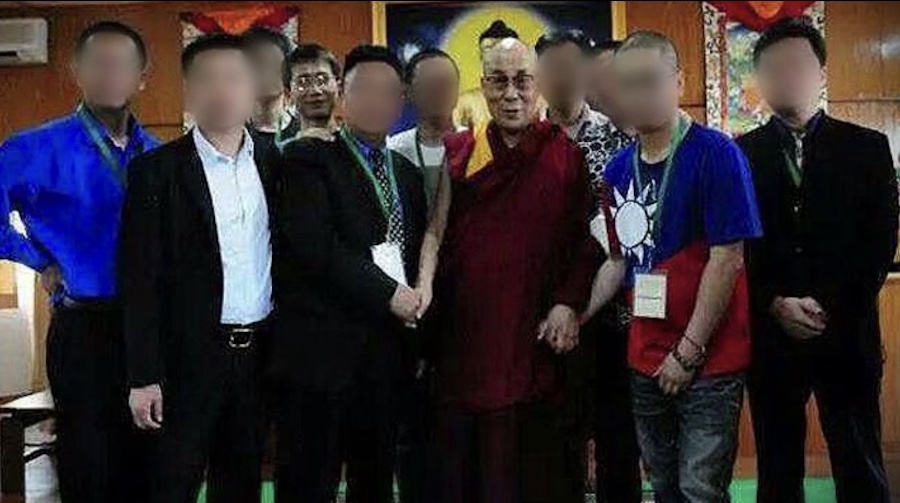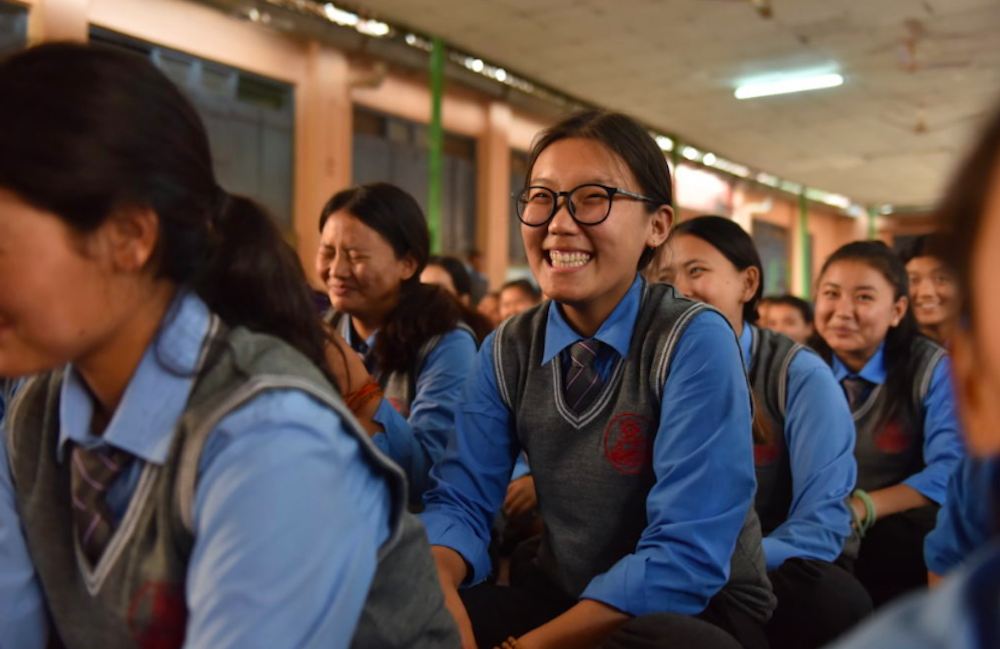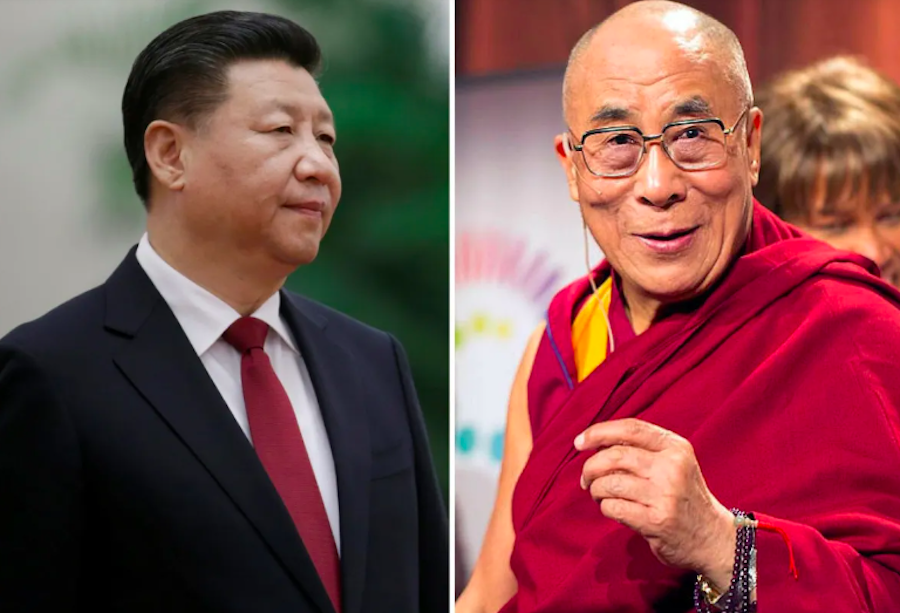By Emma Graham-Harrison
BEIJING, March 23 – A weekend riot by hundreds of ethnic Tibetans was a spontaneous response to tough Chinese security measures, activists and an expert said on Monday, and more destabilising outbursts are likely in coming months.
Beijing has flooded Tibet and ethnic Tibetan areas in neighbouring provinces with security forces, cut off some Internet and mobile phone services and closed the region to almost all foreigners in March, a month of sensitive anniversaries and a controversial new holiday.
But the heavy security presence and threat of harsh punishment during a “strike hard” campaign against separatism has not been enough to contain simmering resentment about Chinese rule, including anger at controls on religion and limited economic opportunities.
Police detained almost 100 monks after hundreds of people rioted and attacked a police station in an ethnic Tibetan part of the western province of Qinghai, state media said on Sunday. [ID:nPEK371055]
The incident was just the latest in a string of isolated but recurring outbursts of unrest, including a monk who set himself on fire and a bomb thrown at a government office.
“Protesters know they could be arrested and beaten up for shouting slogans or distributing leaflets near police stations or barracks, but they are not afraid. It’s a sign they have given up all hope,” a Beijing-based source with contacts in Tibetan areas told Reuters.
More than 60 people had been arrested in one small corner of Sichuan province since February alone, the source added.
“The situation is very tense. There have been arrests almost every day,” he told Reuters, asking not to be named because conditions in Tibetan areas are highly sensitive and he was not authorised to talk to the media.
AT BREAKING POINT
Rioting broke out in Tibet’s regional capital Lhasa on March 14 last year after days of protests against Chinese rule by Buddhist monks, killing 19 people and sparking waves of protests across Tibetan areas. Groups of Tibetan exiles say more than 200 people died in a subsequent crackdown.
A year later many Tibetans skipped traditional New Year celebrations in an understated gesture of mourning for last year’s dead, and activists say they are under so much pressure that outbreaks like Sunday’s riot are almost inevitable.
“I think this is a sign of how bad things are inside and how people feel absolutely frustrated and at breaking point,” said Lhadon Tethong, executive director of Students for a Free Tibet.
“Clearly Beijing is taking the iron fist approach to resistance, but Tibetans are showing they won’t be cowed — even when it appears to be calm, something like this happens.”
This month also marks the 50th anniversary of the flight into exile in India of the Dalai Lama, Tibet’s spiritual leader whom Beijing brands a separatist, after a failed uprising against Chinese rule.
Beijing is mobilising government officials and Tibetans to try to calm the area and preach a message of national unity.
Gyaltsen Norbu, recognised by Beijing as the 11th incarnation of the Panchen Lama, Tibet’s number two spiritual leader, wrote on Monday that monks and nuns should not get involved in politics or support separatism.
“According to my understanding of the essence of Buddhist sutras, any monks and nuns should also love their own motherland while strictly abiding by religious disciplines,” he wrote in an article published by the official China Daily newspaper.
But the 19-year-old monk is spurned by many Tibetans. Instead they support another boy who was chosen by the Dalai Lama, but disappeared soon after he was named and at the time was dubbed the world’s youngest political prisoner.
On March 28 Tibet will celebrate for the first time “serf emancipation day”, commemorating the formation of the communist government 50 years ago. Critics say it is a propaganda exercise based on a wilful misrepresentation of history.
(Additional reporting by Benjamin Kang Lim; Editing by Nick Macfie and Jerry Norton)









